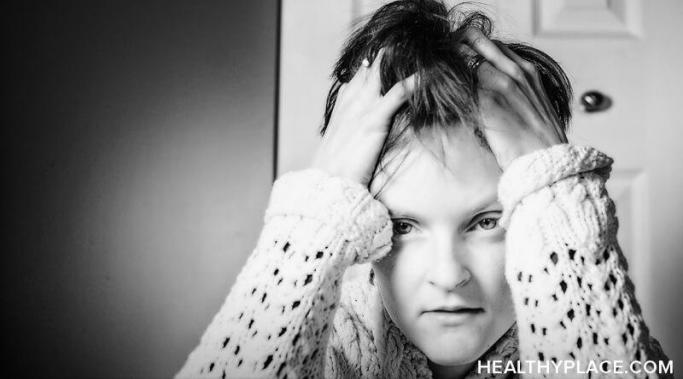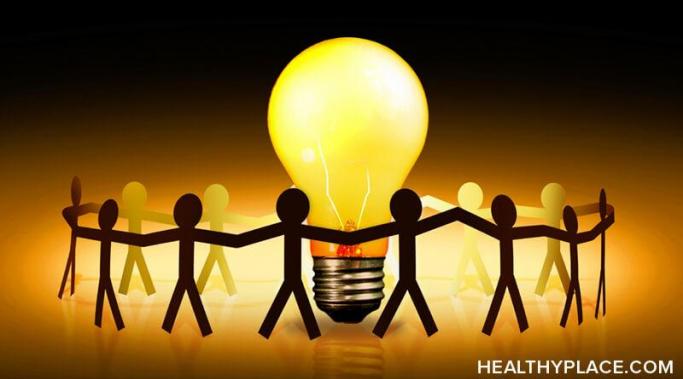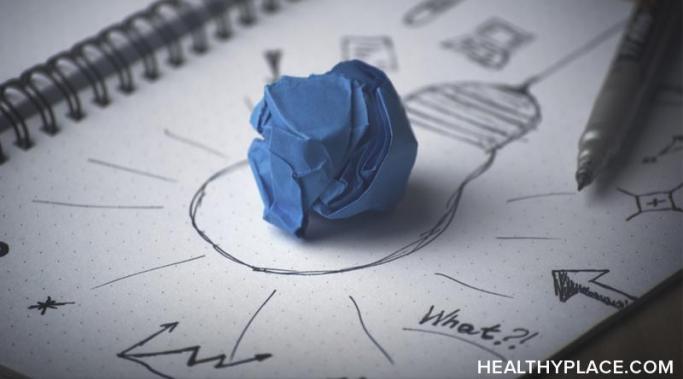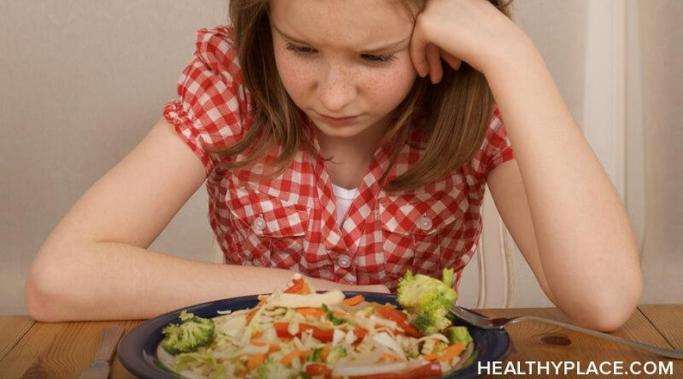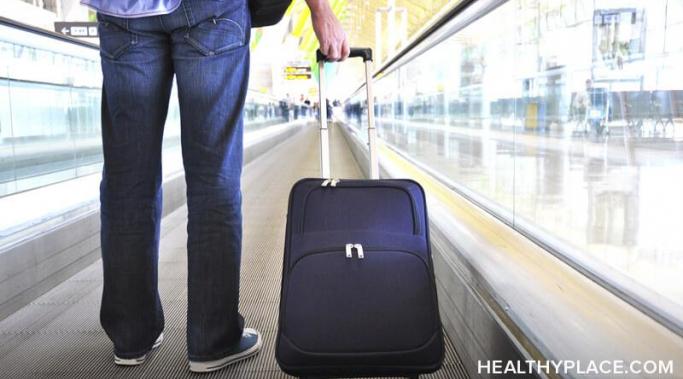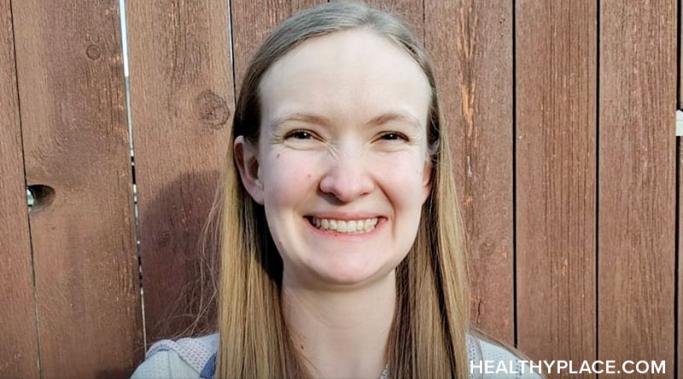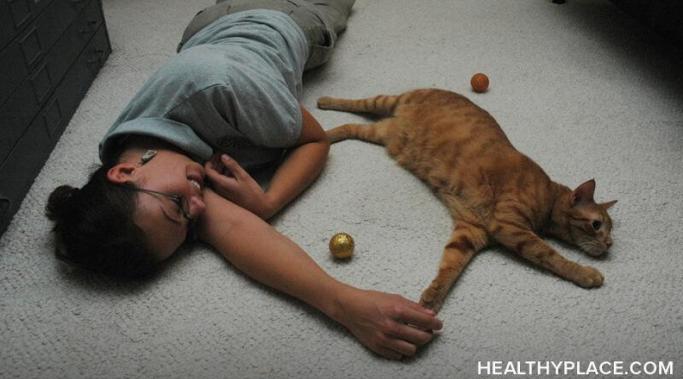Blogs
People, I feel wrongly, assume that you are either depressed or moody. When I was a teenager, I used to get frequent mood swings. At this age, I would also get episodes of depression. Unfortunately, I was labeled moody, and this was one of the primary reasons I was diagnosed with depression in my twenties. Honestly, I believe this is pretty common: depression and moodiness are considered mutually exclusive. However, according to personal experience, a person can experience both depression and moodiness.
Technology does not have to be an enemy for recovering gambling addicts. The right digital tools for gambling recovery can help you achieve and maintain abstinence and even improve emotional wellbeing. Let's take a look at how technology can aid in gambling recovery.
One of the most difficult side effects of my anxiety is irritability. I can easily snap over small things. It's exhausting to feel irritable most of the time, and my poor family gets the brunt of it. In my journey to healing, I have found that I am most irritable at certain times of the day. Gaining this knowledge has helped me find ways to conquer irritability, and because of this, I know that you can, too.
Daily journaling has been my guiding light on the path to managing borderline personality disorder (BPD). When hit with a BPD trigger, there are intricate layers to my emotions and thoughts. Having those thoughts in front of me is sometimes the only tool that loosens the grip cognitive distortions have on me. It's more than just putting pen to paper; it's a safe place where I can process my inner turmoil and gain invaluable self-awareness. Journalling is definitely helpful for BPD management.
Understanding your binge eating triggers can help you break the cycle. Embarking on the journey to recover from binge eating disorder (BED) was a great experience. There were many moments of triumph and self-discovery. In this article, I will share my journey of breaking the cycle of binge eating by understanding my triggers and embracing a path toward healing and self-love.
I recently flew in an airplane, and it triggered my schizoaffective anxiety. Here’s how my schizoaffective anxiety was affected by flying in an airplane.
Now, I've learned how to keep my anxiety from hurting others. There was a time when I was a lot younger that I was easily agitated and often angry. What I realized later on in life was that this was related to my anxiety. I often found myself experiencing these intense feelings that I couldn't quite express, and unfortunately, I couldn't quite find an outlet for them either. As a result, I found that I would often express these feelings to others. Things are different for me now, though, as I work to keep my anxiety from affecting others.
Basic human decency is the glue that holds society together. It is the golden rule we were taught as children: treat others as you would like to be treated. Unfortunately, basic human decency is lacking in our world, and it affects our mental health in several ways. Let's take a look.
Hello readers, I am Kirsi Cannaday, a new writer for 'Anxiety-Schmanxiety Blog.' I am excited for the opportunity to share my experiences with anxiety. I believe that being open about our mental health battles gives us the strength to heal from them and gives others the courage to do the same.
Pet adoption in mental illness recovery is an important decision. Pets are cute, comforting, and can be great for someone's mental health. Even last week, I saw a dog sporting his "emotional support dog" vest. Many people with mental illness find comfort in their pets, and there are many reasons why pet adoption during mental illness recovery makes sense, but the decision to bring a pet into your life can be equally amazing and stressful.
